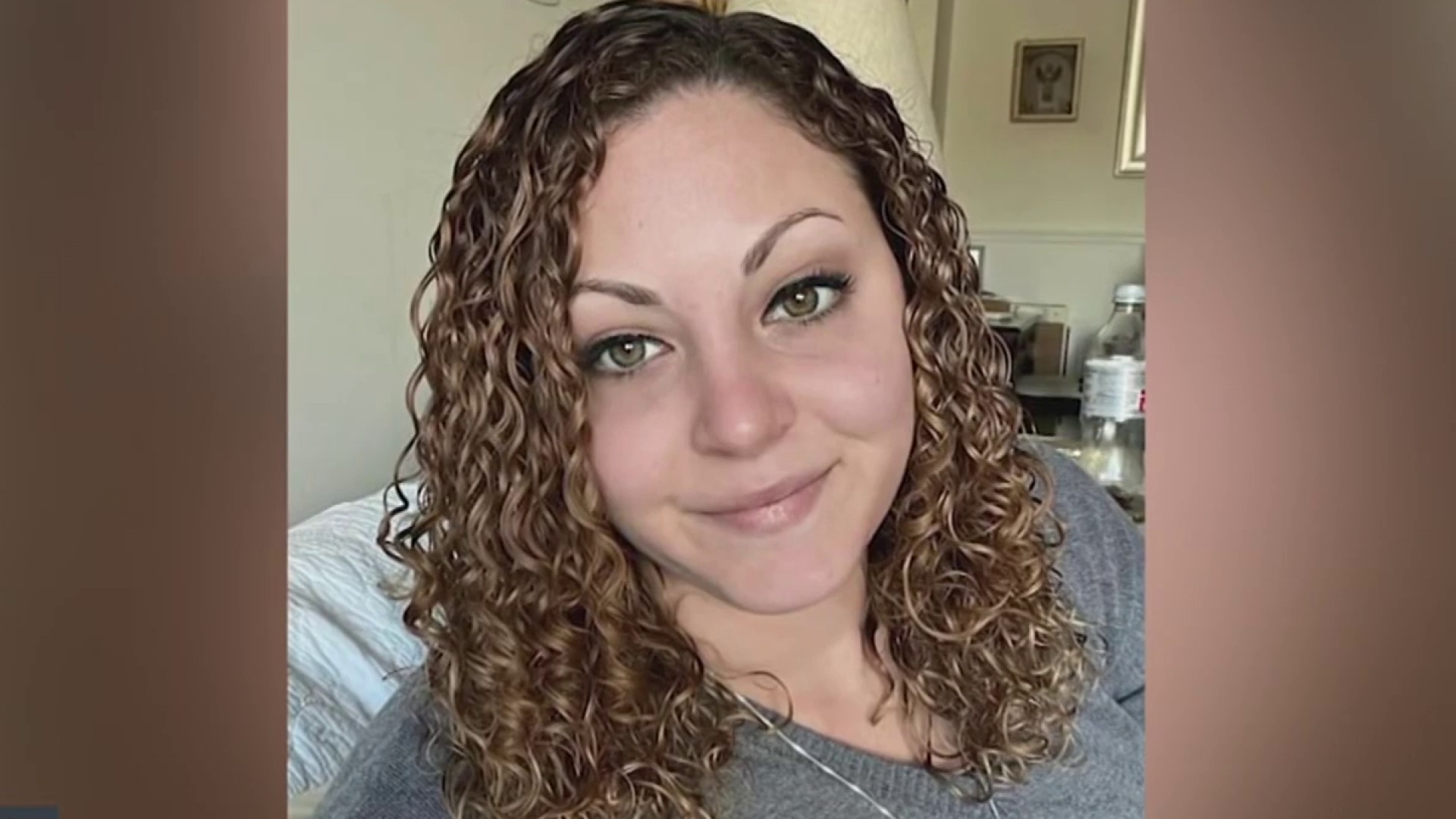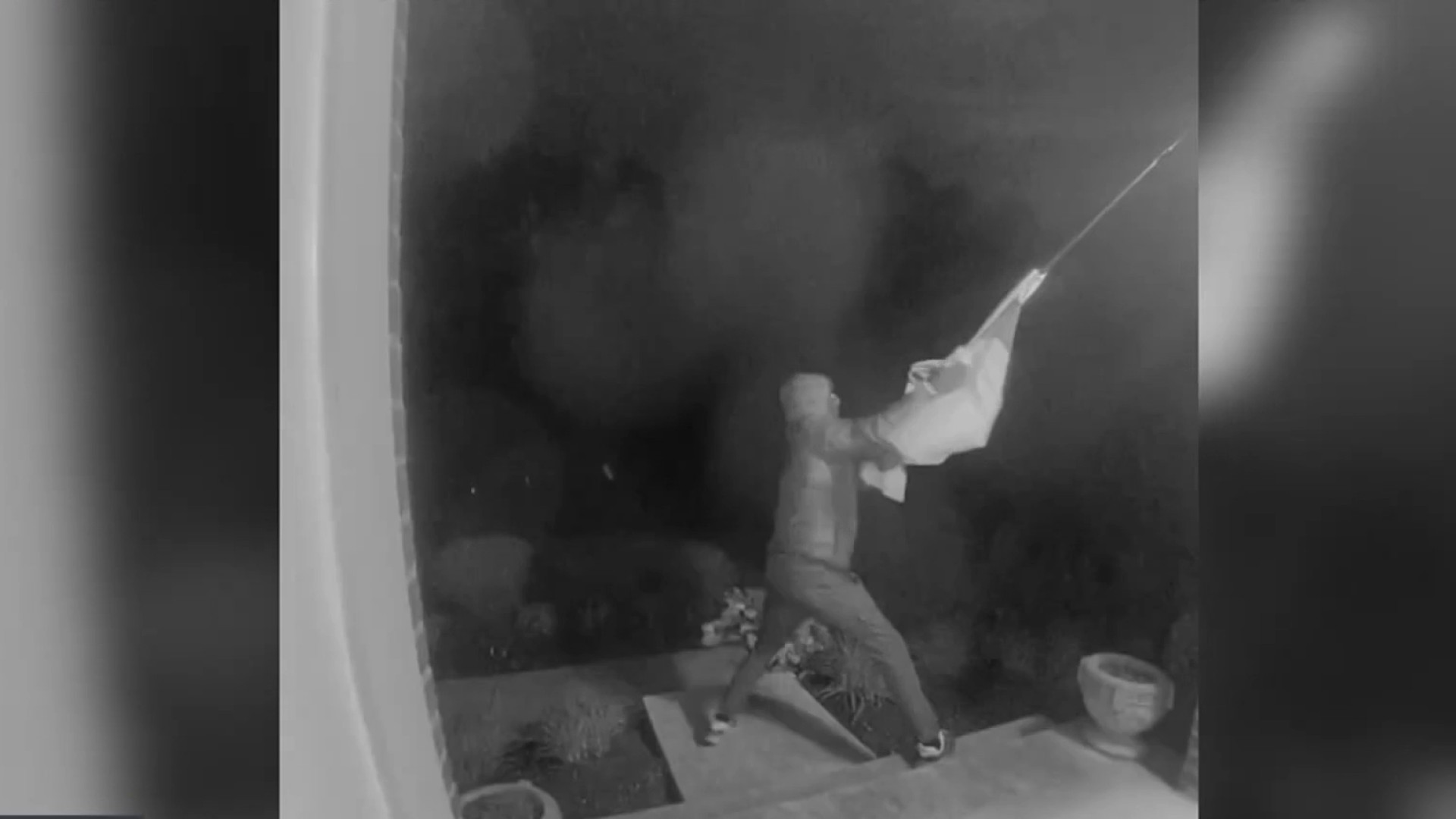When my wife and I bought our house on 11th Street in Columbia Heights eight years ago, our friends and family were skeptical. My suburban parents were diplomatically silent on their first visit. A friend who had spent his whole life in New York thought we were going to get shot.
“Don’t worry,” I told them. “This neighborhood is getting better.”
We had studied the neighborhoods of D.C. well before moving across the Potomac from Alexandria, and we knew Columbia Heights was on the verge of a renaissance. We expected nothing on the scale of what we got, though: the massive DCUSA shopping complex, the birth of a smorgasbord of upscale eateries, and an alarming number of coffeehouses.
Gentrification is a good problem for a city to have. It means that areas in economic crisis are recovering, and that the tax base is growing. That means more services and more protection against crime, resulting in a safer, happier community.
But gentrification is still a problem. When new people and businesses come in, those who were already there are marginalized, or may be forced out due to rising costs. While some of our early neighbors who owned their houses were thrilled to sell them at $600,000 or more, those who were paying rent were squeezed, and some had to abandon the neighborhood.
When Anthony Williams became mayor in 1999 after 20 years of Barry-Pratt mismanagement, the accountant mayor focused on rebuilding the D.C. economy. Eight years later, Adrian Fenty made a pitch to the those who had been hurt by the rush toward renewal, but in office, he has generally followed Williams’s pro-business line.
While both mayors’ economic policies have been good for the city, critics rightly ask if the focus on growth has been a bit monomaniacal.
Local
Washington, D.C., Maryland and Virginia local news, events and information
Now, students at the University of the District of Columbia are saying that gentrification is hurting them. In an e-mail to the Prince of Petworth blog, a group called FairTuition4UDC complains that over the past 18 months, the school has faced “some of the most drastic tuition increases that has occurred at a public university in recent times.”
The group sees racial politics at work. FairTuition4DC says the majority white David Clarke School of Law “has been spared tuition increases for more than 10 years,” and also highlights “the ‘white washing’ of the UDC website (only features one black student on the main page) and the new ad campaign that includes an ad that doesn’t even have a black face.”
The D.C. mayoral race has focused almost exclusively on Fenty’s management style, which critics call abrasive and ruthless. Challenger Vincent Gray has spent most of his time vowing to be more open and inclusive.
But as Greater Greater Washington writes, Gray also says he “wants to be the mayor of ‘all of the people, not just some of the people.’ He aims to bridge the divide between rich and poor, Northwest and Southeast. He feels too many people have been left behind, and that too many people don’t feel invested in the city.”
As the campaign heats up this summer, that’s a debate worth having.



